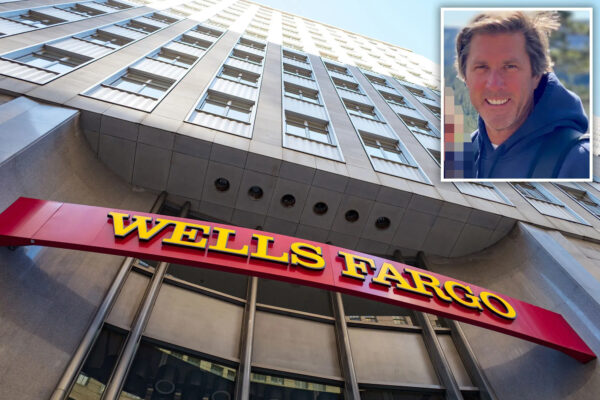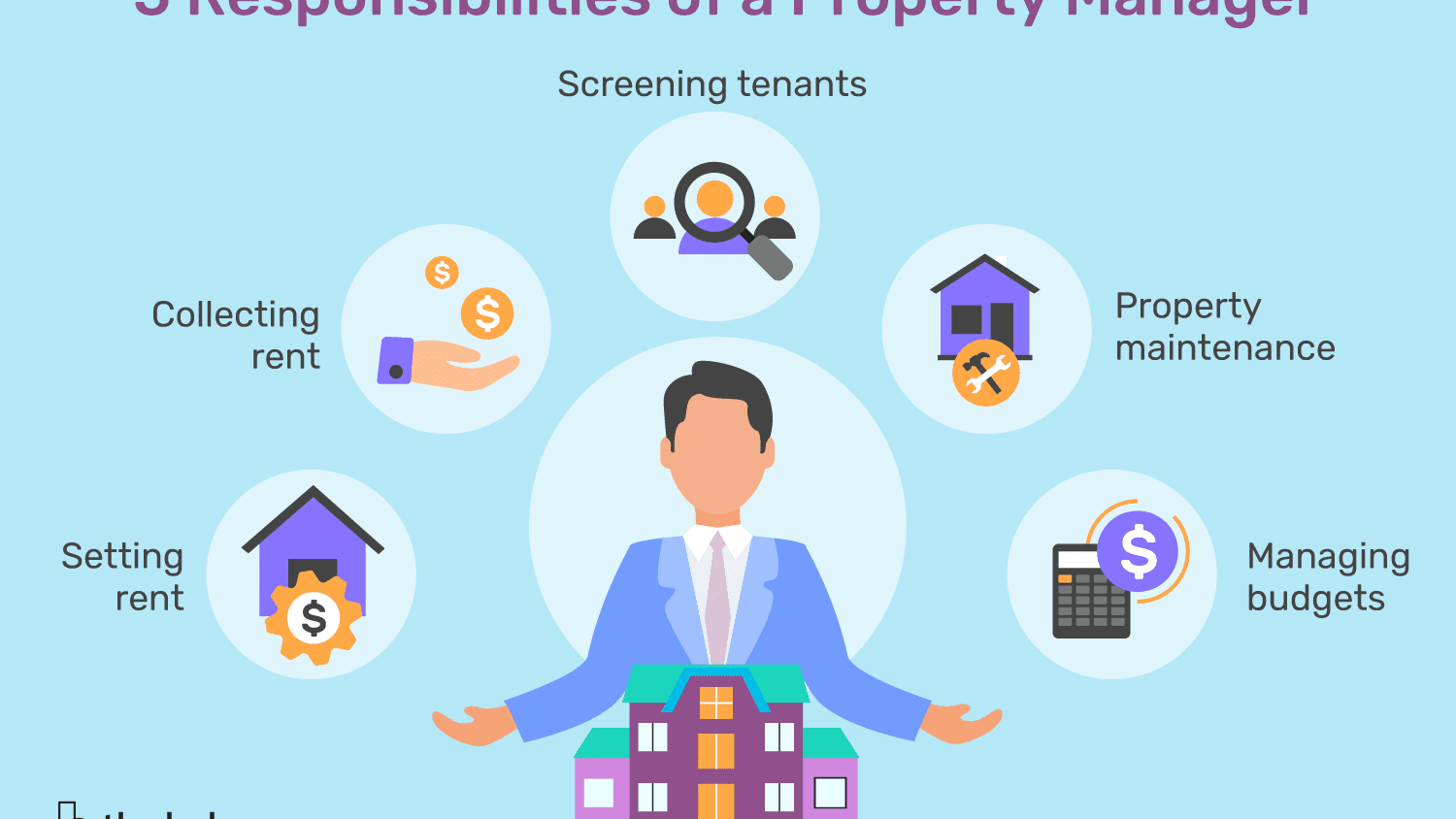Disaster Preparedness For Landlords: 4 Things You Need To Know
No matter where you live, you’ll always be vulnerable to natural disasters. Coastal areas are prone to flooding, and the flat center of the nation is known as “Hurricane Alley” for a reason.
Unfortunately, unlike homeowners, renters have a much harder time making sure they’re sufficiently prepared for such events, mainly because they have limited space and autonomy. Instead, they’re forced to rely on their landlord to ensure that they’re secure in their living space, so that puts the onus on you to take extra steps on their behalf.
Have a Plan
When you own your home, you typically have time to develop a plan for various potential crises: packing away extra supplies and identifying escape routes, and even practicing an evacuation, for example. Tenants have the ability to do some of those things, but they also rely on their landlord to have an emergency preparedness plan.
That means that, while your tenants should do things like practice evacuating their apartment, you should also mark the evacuation routes clearly and maintain all emergency exits, make sure they’re not blocked, regularly check that they are properly lit, and ascertain they remain free of hazards.
Prioritize Power
One of the most dangerous situations that people encounter, particularly during very hot and very cold weather events, is loss of electricity. Young children, elderly persons, and individuals with certain health conditions are especially vulnerable.
Luckily, as hazardous as such conditions can be, they’re also not difficult to protect against. If you invest in an appropriate generator for your properties and keep it well maintained, you can ensure your tenants are safe and comfortable when the grid goes down.
Manage Maintenance Concerns
Some tenants are afraid to hang a photo in their home for fear of losing their security deposit, so if you live in an area where hurricanes or tornadoes could potentially require that windows be boarded up or other cover put in place, you shouldn’t expect your tenants to handle that task.
Instead, maintenance professionals overseen by the property manager should be given the tools to handle this task – and don’t wait until the last minute to ensure they know how to tackle the job. Not only should maintenance teams have proper training on emergency preparedness issues, but they should also be given sufficient warning so they have time to take care of their own homes as well.
Consult with Tenants
There are multiple parts to any disaster preparedness plan, but the two major components are the office or administrative element and the tenant facet. Though you can venture some excellent guesses with regard to what your tenants might want and require, it’s also worthwhile to consult them.
For example, many tenants will have questions about which local agencies to contact for support or whom to contact if major mechanical problems occur. Others will want to know how to contact office representatives, whether extra emergency supplies are available on site, or what to do with their pets during a disaster.
It’s not your responsibility to resolve every issue for your tenants, but certain items fall within your purview. It’s also the case that everyone benefits when you communicate openly with one another and are clear about what you can and cannot offer support for.
It’s better to have gaps in the plan that your tenants know about than to leave them without both support and knowledge.
Finally, don’t forget that while structural matters are your responsibility and additional support is always welcome, your tenants are adults who ultimately are responsible for their own emergency plans. If you hold up your end of things, then when the storm hits, you can feel confident you’ve helped get your tenants to safety, at least as best you can.







